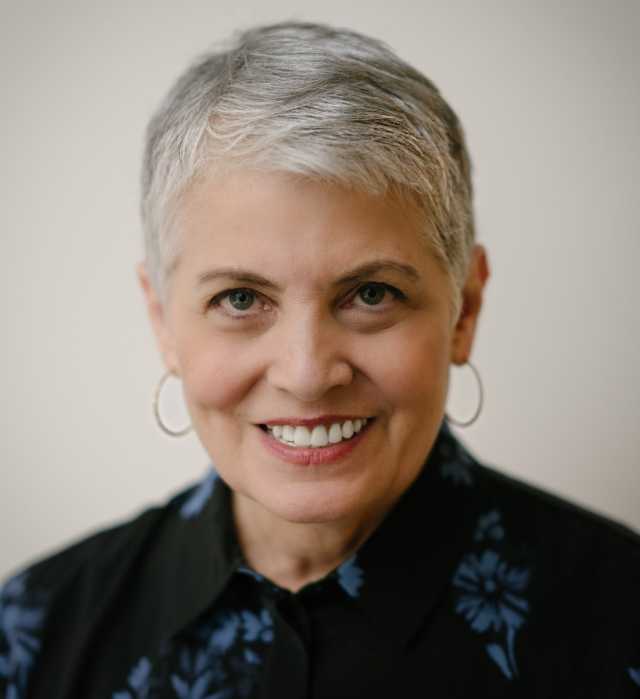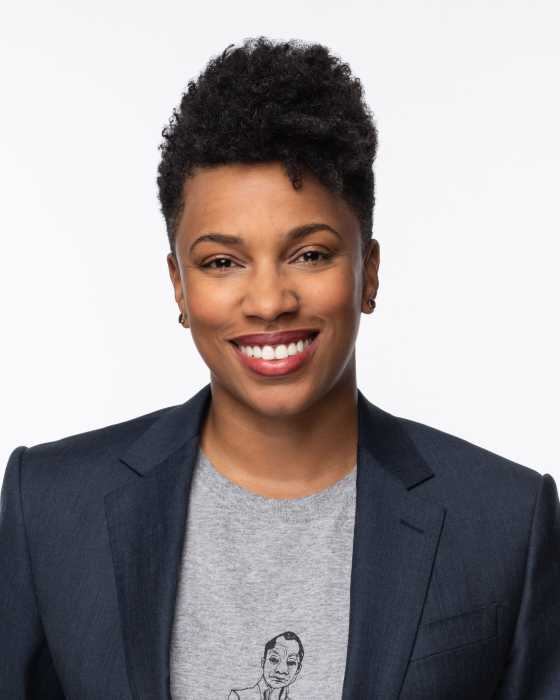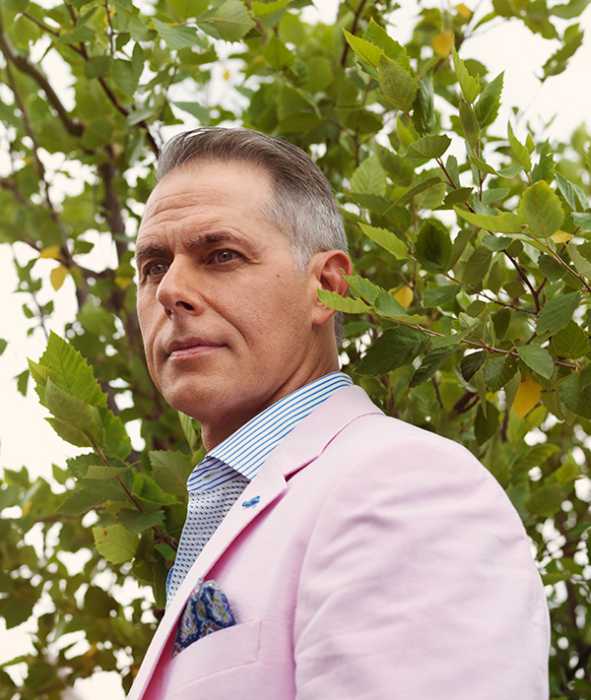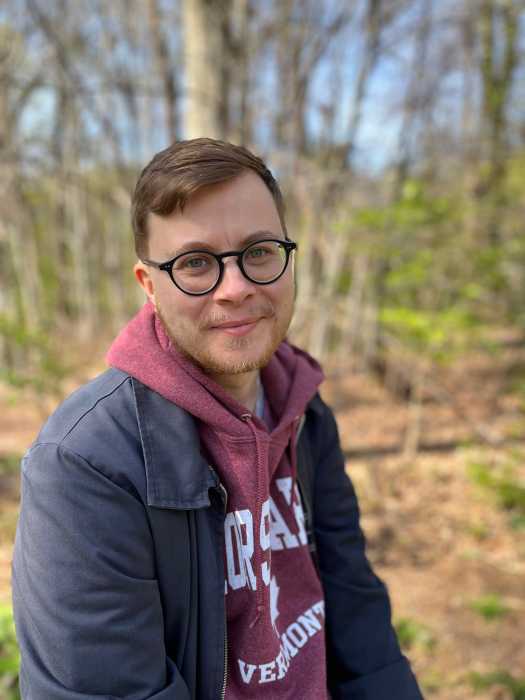Barbara Warren (she/her), Psy.D., CPXP, is senior director for LGBT programs and policies in the Mount Sinai Office for Diversity and Inclusion, leading implementation of LGBT-competent care across the Health System, and assistant professor of medical education at the School of Medicine, teaching best practices for LGBTQI patients. She has had a distinguished career in education, public policy, and advocacy promoting LGBTQ health and social justice equity.
What is your favorite Pride Month event or celebration?
I have two: the NYC Heritage of Pride PrideFest where hundreds of booths representing corporations, community-based organizations, arts, entertainment, and healthcare providers share resources and support LGBTQ+ visibility and inclusion for thousands of visitors celebrating Pride. I also love when the Empire State Building and the White House is lit up for the month in rainbow colors.
What LGBTQ+ icons or activists have inspired you?
Richard Burns, former executive director who was my boss/mentor of 21 years when I worked for the NYC LGBT Community Center, who with great humility and integrity brought so many grassroots groups and community centers nationwide into visibility and activism for social change; my dear friend and colleague Janet Weinberg (RIP) who was a leader at the Center and Gay Men’s Health Crisis and tireless advocate for LGB and transgender rights; and all of the so many brave transgender folx who created awareness and claimed space in the queer liberation movement for their/our gender diverse communities.
What can people and corporations do to support the LGBTQ+ community year-round, not just during Pride Month?
Find a way to get involved in whatever small way or more if you can, in contributing to, supporting, or participating in the queer liberation movement at the intersections of shared values and identities of other communities fighting for social justice and health equity. Corporations with a lot of social and financial capital can make significant contributions to supporting and sustaining LGBTQ+ rights through both fiscal support of queer organizations and taking a stand against political and social injustices and anti-LGBTQ+ laws and policies.
How can businesses create more inclusive environments for their employees and patrons?
Become a leader and sustain that leadership with the Human Rights Campaign’s Corporate Equality Index which includes LGBTQ inclusive benchmarks, policies, and best practices, which are both employee- and consumer-facing. Allocate profits to philanthropic support of LGBTQ activities and causes. Recruit, hire, retain, and promote LGB and especially BIPOC transgender and gender diverse employees.










